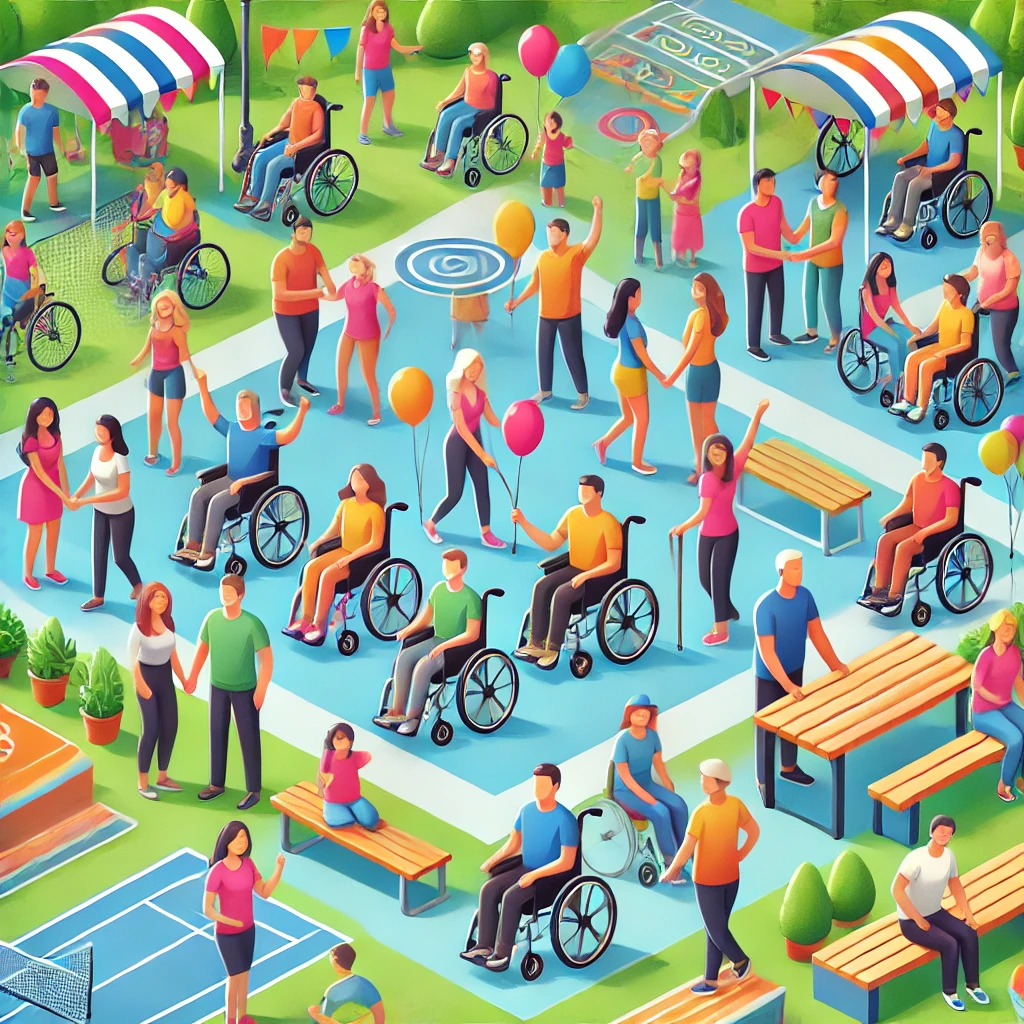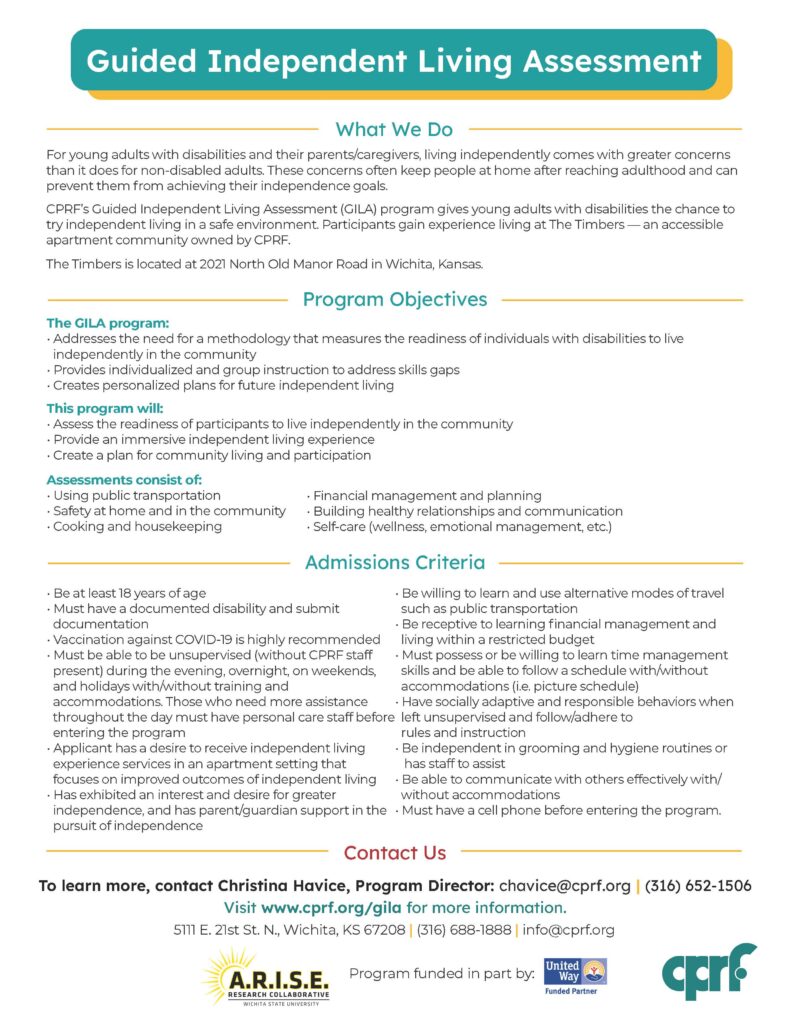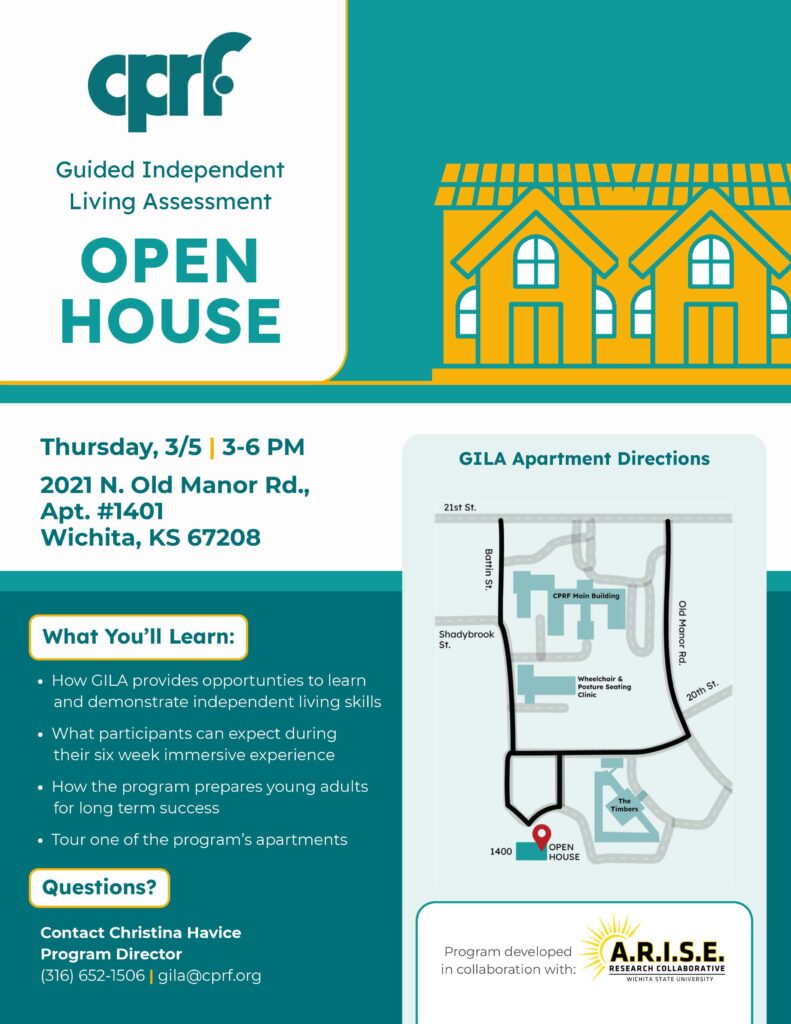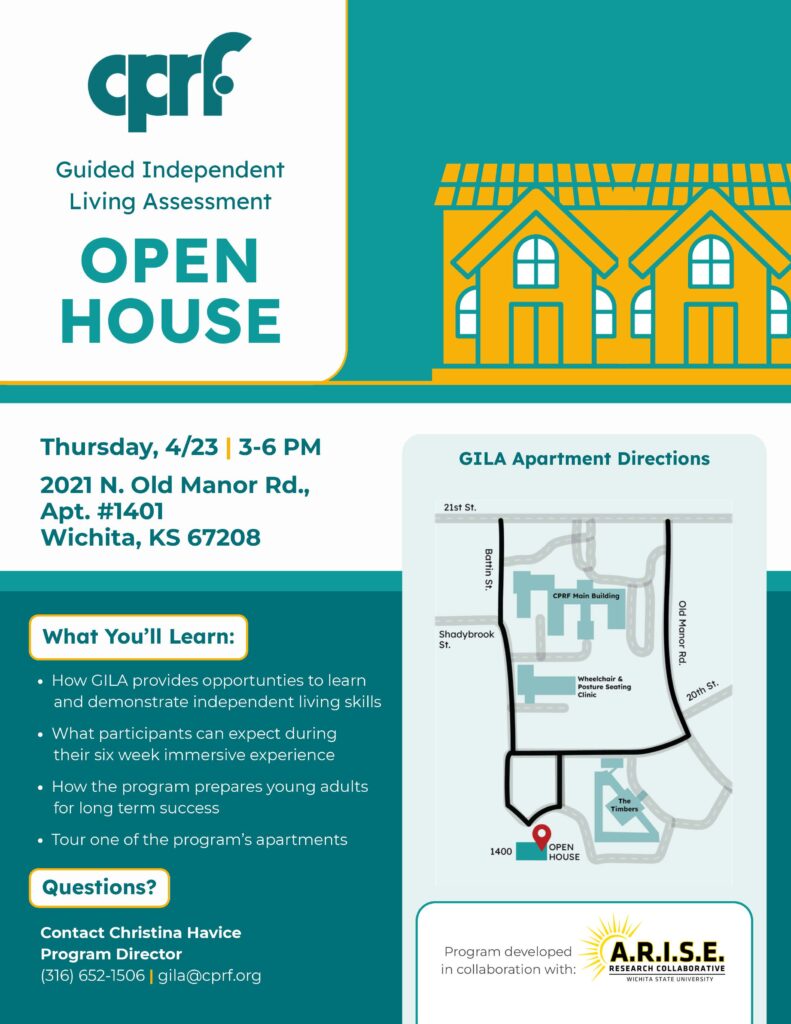Below is a slideshow with additional information concerning Final Rule and the individual rights that are being protected. Click through to learn more.
[{"id":"1195","link":"https:\/\/cddosek.org\/community-supports-waiver-presentation\/","name":"community-supports-waiver-presentation","thumbnail":{"url":"https:\/\/cddosek.org\/wp-content\/uploads\/2025\/01\/postb3.webp","alt":""},"title":"Community Supports Waiver Presentation","author":{"name":"Amanda Holt","link":"https:\/\/cddosek.org\/author\/amandad\/"},"date":"Feb 11, 2026","dateGMT":"2026-02-11 17:34:36","modifiedDate":"2026-02-11 17:36:44","modifiedDateGMT":"2026-02-11 17:36:44","commentCount":"0","commentStatus":"closed","categories":{"coma":"<a href=\"https:\/\/cddosek.org\/community-supports-waiver\/\" rel=\"category tag\">Community Supports Waiver<\/a>, <a href=\"https:\/\/cddosek.org\/meetings\/\" rel=\"category tag\">Meetings<\/a>","space":"<a href=\"https:\/\/cddosek.org\/community-supports-waiver\/\" rel=\"category tag\">Community Supports Waiver<\/a> <a href=\"https:\/\/cddosek.org\/meetings\/\" rel=\"category tag\">Meetings<\/a>"},"taxonomies":{"post_tag":"<a href='https:\/\/cddosek.org\/tag\/community-council\/' rel='post_tag'>Community Council<\/a><a href='https:\/\/cddosek.org\/tag\/csw\/' rel='post_tag'>CSW<\/a><a href='https:\/\/cddosek.org\/tag\/program\/' rel='post_tag'>program<\/a><a href='https:\/\/cddosek.org\/tag\/update\/' rel='post_tag'>Update<\/a>"},"readTime":{"min":0,"sec":15},"status":"publish","content":"Jessica Schadel, Program Manager for the new Community Supports Waiver (CSW) will be presenting information on the CSW at our next Community Council meeting. View"},{"id":"1185","link":"https:\/\/cddosek.org\/working-healthy-benefits-seminar\/","name":"working-healthy-benefits-seminar","thumbnail":{"url":"https:\/\/cddosek.org\/wp-content\/uploads\/2025\/08\/newspaper-scaled.jpg","alt":"folded newspapers"},"title":"Working Healthy Benefits Seminar","author":{"name":"Amanda Holt","link":"https:\/\/cddosek.org\/author\/amandad\/"},"date":"Jan 27, 2026","dateGMT":"2026-01-27 14:22:38","modifiedDate":"2026-01-27 14:22:39","modifiedDateGMT":"2026-01-27 14:22:39","commentCount":"0","commentStatus":"closed","categories":{"coma":"<a href=\"https:\/\/cddosek.org\/local-resources\/\" rel=\"category tag\">Local resources<\/a>","space":"<a href=\"https:\/\/cddosek.org\/local-resources\/\" rel=\"category tag\">Local resources<\/a>"},"taxonomies":{"post_tag":"<a href='https:\/\/cddosek.org\/tag\/benefits\/' rel='post_tag'>Benefits<\/a><a href='https:\/\/cddosek.org\/tag\/working-healthy\/' rel='post_tag'>Working Healthy<\/a>"},"readTime":{"min":0,"sec":0},"status":"publish","content":""},{"id":"1025","link":"https:\/\/cddosek.org\/hcbs-final-rule\/","name":"hcbs-final-rule","thumbnail":{"url":"https:\/\/cddosek.org\/wp-content\/uploads\/2024\/04\/Untitled-1.jpg","alt":"cddo"},"title":"HCBS Final Rule","author":{"name":"Amanda Holt","link":"https:\/\/cddosek.org\/author\/amandad\/"},"date":"Aug 25, 2025","dateGMT":"2025-08-25 18:20:21","modifiedDate":"2026-01-26 13:21:23","modifiedDateGMT":"2026-01-26 13:21:23","commentCount":"0","commentStatus":"closed","categories":{"coma":"<a href=\"https:\/\/cddosek.org\/developmental-disabilities\/\" rel=\"category tag\">Developmental Disabilities<\/a>, <a href=\"https:\/\/cddosek.org\/policies\/\" rel=\"category tag\">Policies<\/a>","space":"<a href=\"https:\/\/cddosek.org\/developmental-disabilities\/\" rel=\"category tag\">Developmental Disabilities<\/a> <a href=\"https:\/\/cddosek.org\/policies\/\" rel=\"category tag\">Policies<\/a>"},"taxonomies":{"post_tag":"<a href='https:\/\/cddosek.org\/tag\/cddo\/' rel='post_tag'>CDDO<\/a><a href='https:\/\/cddosek.org\/tag\/final-rule\/' rel='post_tag'>Final Rule<\/a><a href='https:\/\/cddosek.org\/tag\/update\/' rel='post_tag'>Update<\/a>"},"readTime":{"min":0,"sec":19},"status":"publish","content":"The Centers for Medicare and Medicaid Services (CMS) has published rules to protect persons receiving home and community-based (HCBS) services. Below is a slideshow with"},{"id":"1019","link":"https:\/\/cddosek.org\/kancare-reconsideration-period-policy-update\/","name":"kancare-reconsideration-period-policy-update","thumbnail":{"url":"https:\/\/cddosek.org\/wp-content\/uploads\/2025\/08\/newspaper-scaled.jpg","alt":"folded newspapers"},"title":"KanCare Reconsideration Period Policy Update","author":{"name":"Amanda Holt","link":"https:\/\/cddosek.org\/author\/amandad\/"},"date":"Aug 19, 2025","dateGMT":"2025-08-19 16:10:24","modifiedDate":"2026-01-26 13:22:23","modifiedDateGMT":"2026-01-26 13:22:23","commentCount":"0","commentStatus":"closed","categories":{"coma":"<a href=\"https:\/\/cddosek.org\/developmental-disabilities\/\" rel=\"category tag\">Developmental Disabilities<\/a>, <a href=\"https:\/\/cddosek.org\/policies\/\" rel=\"category tag\">Policies<\/a>","space":"<a href=\"https:\/\/cddosek.org\/developmental-disabilities\/\" rel=\"category tag\">Developmental Disabilities<\/a> <a href=\"https:\/\/cddosek.org\/policies\/\" rel=\"category tag\">Policies<\/a>"},"taxonomies":{"post_tag":"<a href='https:\/\/cddosek.org\/tag\/disabilities\/' rel='post_tag'>disabilities<\/a><a href='https:\/\/cddosek.org\/tag\/kancare\/' rel='post_tag'>kancare<\/a><a href='https:\/\/cddosek.org\/tag\/policy\/' rel='post_tag'>policy<\/a><a href='https:\/\/cddosek.org\/tag\/update\/' rel='post_tag'>Update<\/a>"},"readTime":{"min":0,"sec":42},"status":"publish","content":"Beginning July 1, 2025, Kansas Medicaid is implementing a policy that changes how reconsideration windows work for members submitting a late review. The change is"},{"id":"986","link":"https:\/\/cddosek.org\/guided-independent-living-assessment-program-gila\/","name":"guided-independent-living-assessment-program-gila","thumbnail":{"url":"https:\/\/cddosek.org\/wp-content\/uploads\/2025\/01\/38767-scaled-e1737566896582.jpg","alt":""},"title":"Guided Independent Living Assessment Program (GILA) – Open houses March 5 and April 23, 2026","author":{"name":"Amanda Holt","link":"https:\/\/cddosek.org\/author\/amandad\/"},"date":"Jul 21, 2025","dateGMT":"2025-07-21 17:05:22","modifiedDate":"2026-02-12 15:21:16","modifiedDateGMT":"2026-02-12 15:21:16","commentCount":"0","commentStatus":"closed","categories":{"coma":"<a href=\"https:\/\/cddosek.org\/developmental-disabilities\/\" rel=\"category tag\">Developmental Disabilities<\/a>, <a href=\"https:\/\/cddosek.org\/local-resources\/\" rel=\"category tag\">Local resources<\/a>, <a href=\"https:\/\/cddosek.org\/mfei\/\" rel=\"category tag\">MFEI<\/a>","space":"<a href=\"https:\/\/cddosek.org\/developmental-disabilities\/\" rel=\"category tag\">Developmental Disabilities<\/a> <a href=\"https:\/\/cddosek.org\/local-resources\/\" rel=\"category tag\">Local resources<\/a> <a href=\"https:\/\/cddosek.org\/mfei\/\" rel=\"category tag\">MFEI<\/a>"},"taxonomies":{"post_tag":"<a href='https:\/\/cddosek.org\/tag\/disabilities\/' rel='post_tag'>disabilities<\/a><a href='https:\/\/cddosek.org\/tag\/independent-living\/' rel='post_tag'>independent living<\/a><a href='https:\/\/cddosek.org\/tag\/program\/' rel='post_tag'>program<\/a>"},"readTime":{"min":0,"sec":40},"status":"publish","content":"Cerebral Palsy Research Foundation (CPRF) is located in Wichita and GILA is a program open to the whole state. It is not waiver funded and"},{"id":"959","link":"https:\/\/cddosek.org\/mfei-set-to-begin-july-1-2025\/","name":"mfei-set-to-begin-july-1-2025","thumbnail":{"url":"https:\/\/cddosek.org\/wp-content\/uploads\/2025\/01\/38767-scaled-e1737566896582.jpg","alt":""},"title":"MFEI SET TO BEGIN JULY 1, 2025","author":{"name":"Amanda Holt","link":"https:\/\/cddosek.org\/author\/amandad\/"},"date":"Jun 12, 2025","dateGMT":"2025-06-12 14:49:05","modifiedDate":"2026-01-26 13:22:55","modifiedDateGMT":"2026-01-26 13:22:55","commentCount":"0","commentStatus":"closed","categories":{"coma":"<a href=\"https:\/\/cddosek.org\/mfei\/\" rel=\"category tag\">MFEI<\/a>","space":"<a href=\"https:\/\/cddosek.org\/mfei\/\" rel=\"category tag\">MFEI<\/a>"},"taxonomies":{"post_tag":"<a href='https:\/\/cddosek.org\/tag\/cddo\/' rel='post_tag'>CDDO<\/a><a href='https:\/\/cddosek.org\/tag\/mfei\/' rel='post_tag'>MFEI<\/a><a href='https:\/\/cddosek.org\/tag\/update\/' rel='post_tag'>Update<\/a>"},"readTime":{"min":0,"sec":47},"status":"publish","content":"The transition from the BASIS assessment to the Medicaid Functional Eligibility Instrument (MFEI) assessment will begin July 1st, 2025. Remember, initially, we anticipate that it"},{"id":"917","link":"https:\/\/cddosek.org\/interhab-informational-sessions\/","name":"interhab-informational-sessions","thumbnail":{"url":"https:\/\/cddosek.org\/wp-content\/uploads\/2025\/01\/38767-scaled-e1737566896582.jpg","alt":""},"title":"InterHab Informational Sessions","author":{"name":"Amanda Holt","link":"https:\/\/cddosek.org\/author\/amandad\/"},"date":"Apr 14, 2025","dateGMT":"2025-04-14 16:49:26","modifiedDate":"2026-01-27 14:24:52","modifiedDateGMT":"2026-01-27 14:24:52","commentCount":"0","commentStatus":"closed","categories":{"coma":"<a href=\"https:\/\/cddosek.org\/interhab\/\" rel=\"category tag\">InterHab<\/a>, <a href=\"https:\/\/cddosek.org\/meetings\/\" rel=\"category tag\">Meetings<\/a>","space":"<a href=\"https:\/\/cddosek.org\/interhab\/\" rel=\"category tag\">InterHab<\/a> <a href=\"https:\/\/cddosek.org\/meetings\/\" rel=\"category tag\">Meetings<\/a>"},"taxonomies":{"post_tag":"<a href='https:\/\/cddosek.org\/tag\/cddo\/' rel='post_tag'>CDDO<\/a><a href='https:\/\/cddosek.org\/tag\/interhab\/' rel='post_tag'>InterHab<\/a><a href='https:\/\/cddosek.org\/tag\/update\/' rel='post_tag'>Update<\/a>"},"readTime":{"min":0,"sec":22},"status":"publish","content":"InterHab is hosting virtual informational sessions. Everyone is welcome to attend the sessions, where InterHab will provide updates on IDD advocacy efforts. Upcoming session dates"},{"id":"824","link":"https:\/\/cddosek.org\/voluntary-program-for-disabled-persons-in-columbus\/","name":"voluntary-program-for-disabled-persons-in-columbus","thumbnail":{"url":"https:\/\/cddosek.org\/wp-content\/uploads\/2025\/01\/38767-scaled-e1737566896582.jpg","alt":""},"title":"Voluntary Program for Disabled Persons in Columbus","author":{"name":"Amanda Holt","link":"https:\/\/cddosek.org\/author\/amandad\/"},"date":"Jan 20, 2025","dateGMT":"2025-01-20 17:58:20","modifiedDate":"2026-01-26 13:23:58","modifiedDateGMT":"2026-01-26 13:23:58","commentCount":"0","commentStatus":"closed","categories":{"coma":"<a href=\"https:\/\/cddosek.org\/local-resources\/\" rel=\"category tag\">Local resources<\/a>","space":"<a href=\"https:\/\/cddosek.org\/local-resources\/\" rel=\"category tag\">Local resources<\/a>"},"taxonomies":{"post_tag":"<a href='https:\/\/cddosek.org\/tag\/columbus\/' rel='post_tag'>Columbus<\/a><a href='https:\/\/cddosek.org\/tag\/disabled\/' rel='post_tag'>disabled<\/a><a href='https:\/\/cddosek.org\/tag\/program\/' rel='post_tag'>program<\/a>"},"readTime":{"min":2,"sec":13},"status":"publish","content":"Disabled Persons Response and Communication Program (DPRCP) The Disabled Persons Response and Communication Program (DPRCP) is a voluntary program implemented to assist both residents with"}]
For the most up to date information concerning Final Rule, check out the following link to the KDADS website:









